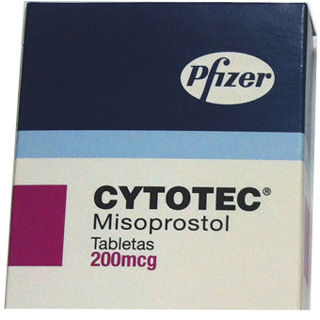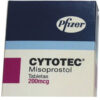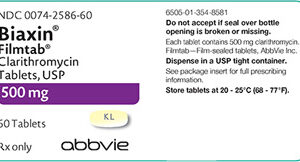Overview
Cytotec, known as Misoprostol, is primarily used for stomach ulcer prevention and treatment. As a prostaglandin, it helps protect the stomach lining. It’s also used for medical abortions in combination with Mifepristone. Available in tablet form, Cytotec requires a prescription and should be used under medical supervision.
Important Precautions
- Allergies: Avoid if allergic to Misoprostol or prostaglandins.
- Pregnancy: Contraindicated in pregnancy.
- Health Conditions: Not suitable for those with uterine, heart, kidney, or liver conditions, or if taking certain antacids.
Misoprostol Use in Pregnancy: Critical Risks and Guidelines
Key Risks:
- Birth Defects and Abortion: Misoprostol can lead to birth defects, abortion, premature birth, or uterine rupture if taken during pregnancy.
- Uterine Rupture: Especially risky for women inducing labor or abortion, with increased risk in later pregnancy stages or after uterine surgery, like Cesarean delivery.
Contraindications:
- NSAID-Induced Ulcer Prevention: Pregnant women must avoid Misoprostol for this purpose due to its abortifacient properties.
- Strict Advisory: Patients must be informed about the risks and advised against sharing the drug.
Usage in Childbearing Women:
- Misoprostol is only recommended for women at high risk of NSAID-induced ulcers under strict conditions:
- Negative pregnancy test 2 weeks before therapy.
- Adherence to effective contraception.
- Comprehensive counseling about risks and contraceptive failure.
- Initiation of Misoprostol on the second or third day of the next menstrual period.
Essential Consideration: Misoprostol requires careful handling, especially in women of childbearing potential, due to its significant risks during pregnancy. Always consult a healthcare professional for guidance.
Dosage Guide
| Condition | Recommended Dosage |
|---|---|
| Stomach Ulcers | 200 to 800 micrograms per day, divided into doses |
| Medical Abortion | 600 micrograms single dose, followed by 400 micrograms after 3-4 hours |
Missed Dose: Take as soon as possible, but skip if near the next dose. Avoid doubling doses.
Overdose: Seek immediate medical attention if you suspect an overdose.
Common Side Effects
- Nausea, vomiting, diarrhea, stomach cramps, headache, dizziness, tiredness, irregular menstrual bleeding. Contact your healthcare provider for severe symptoms.
Navigating Drug Interactions with Cytotec
Cytotec’s effectiveness and side effect risks can be influenced by interactions with other medications. It’s crucial to communicate with your healthcare provider about all medications you’re taking, encompassing prescribed drugs, over-the-counter options, and herbal supplements. Potential interactions include:
- Magnesium-Containing Antacids: These can interfere with Cytotec’s action.
- NSAIDs (Nonsteroidal Anti-Inflammatory Drugs): Concurrent use may increase certain risks.
- Anticoagulants: There’s a potential for increased bleeding risks.
- Antiplatelet Drugs: Similar to anticoagulants, these can augment bleeding risks.
- Proton Pump Inhibitors: These might affect stomach lining protection.
- Other Stomach-Affecting Medications: Be cautious as they might alter Cytotec’s impact.
Take the Next Step: Consult your healthcare provider for personalized advice and follow the prescribed regimen closely. Stay informed and proactive in your treatment with Cytotec.






Reviews
There are no reviews yet.